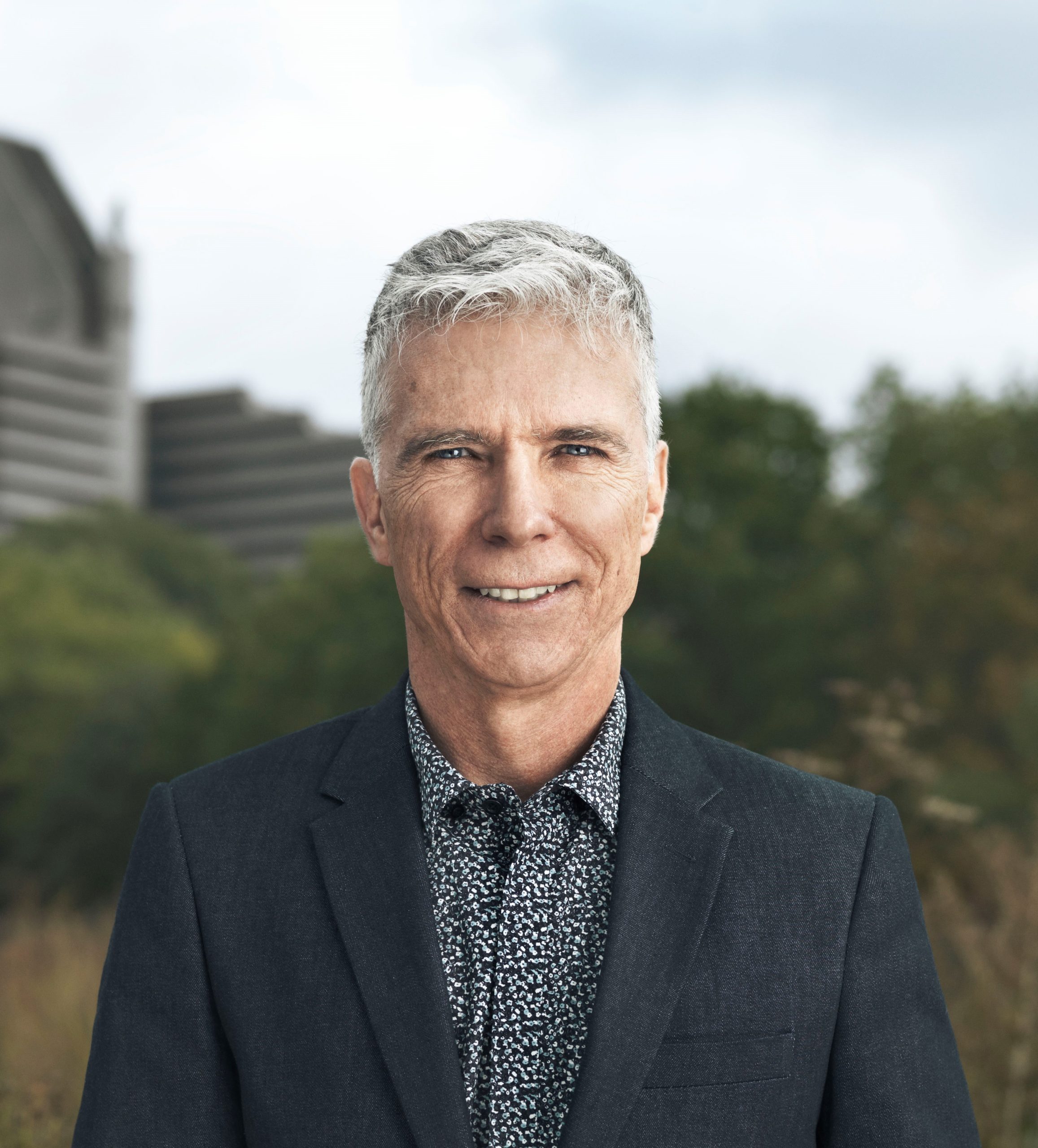
Claude Paquin is a recognized publisher profoundly concerned by our living environments. He’s working in the media industry for almost 35 years as a journalist, researcher, publisher, and editor. He launched FORMES in 2004, a publication that proposes unrivaled content in a diversity of formats, across multiple platforms. Claude shares about his professional journey and contribution with FORMES…
Can you tell us a bit about your background? Where are you from?
I have always been interested in living environments, for personal interest and also for my academic profile. I graduated in urban planning from the Faculty of Planning of the University of Montreal. This progress in a faculty that brings together all the professions associated with architecture, design and town planning has certainly influenced my vision on the importance of decompartmentalizing the professions and approaching projects by linking all the actors associated with achievement. Regarding my professional profile, I have always acted in media environments as well as consulting with the construction sector.
What has drawn you to work in the media industry?
I would say it is for educational purposes. To contribute in some way to improving good practices through publications, seminars, conferences and other opportunities for exchange.
In 2004, you launched the magazine “FORMES”. What were the original ideas/contents of the magazine and how did it develop?
From the launch of FORMES, I wanted to clearly position the importance of concerted work between the various professionals and actors, and this at all stages: from the design, to the realization as well as to the management of the building and the territory. FORMES is positioned as a multidisciplinary publication in order to bridge the gap between professionals. The opposite of “silo” thinking in a way.
Where does FORMES stand in regard to sustainable development?
Here too, we have always been a forum for responsible practices.
What are you working on at the moment, and do you have any upcoming projects or collaborations that you’re able to tell us about?
We want to remain an active player in discussions with various designers and industry stakeholders as well as an influencer in order to improve best practices and promote thoughtful and sustainable approaches in the fields of architecture, territory, and design. To pursue this mission, we are working with various organizations, including universities and industry associations, to create an intersection of skills that help to establish promising links between research, action, training, and dissemination of knowledge.
We are also working to expand our distribution platforms, to bet on a multiplatform strategy, which is based on events, digital, and of course print. We see that the strategy based on a single platform is not optimal.
Last, have you noticed any new trends amongst Canadian Architects and Interior Designers?
Yes, fortunately, the professions are evolving. There is an increased sensitivity to environmental aspects. Some innovative movements are also emerging, including a “slow tech” approach which is proving to be a great trend for the future of professions and the planet!
About FORMES magazine:
FORMES is an active player in conversations with members of the various design disciplines and an influencer when it comes to improving exemplary practices and implementing well-considered and sustainable approaches. Its audience consists of architects, designers, urban planners, entrepreneurs, and trendsetters, who rely on us for our take on today’s architecture, territory (land use), materials, and environment scene.
FORMES engages readers. Its contributors, both local and foreign, draw from multiple backgrounds: advanced research, teaching, centers of excellence, and professional associations. The result represents a multidisciplinary, multi-sectoral product with an intersection of skills that help forge promising links between research, action, training, and dissemination of knowledge.